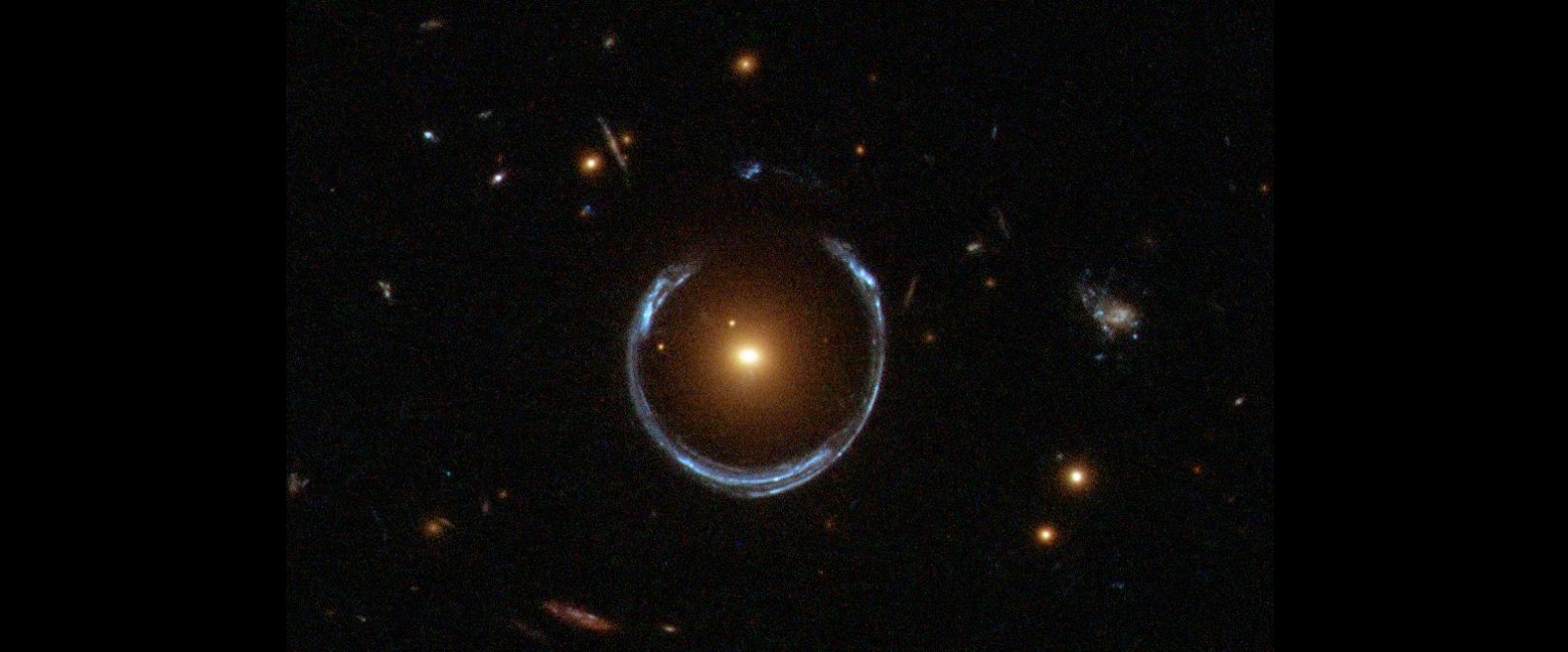As a result of human activity, Earth's global freshwater cycle has shifted far beyond the stable conditions that existed before industrialization, according to a comprehensive analysis of the world's water resources by an international team of scientists.
A study conducted by an international team of experts, the results of which were published in the journal Nature Water, shows that the safe limit for changes in the freshwater cycle had already been exceeded in the mid-twentieth century. In other words, over the past century we have been “pushing” Earth's freshwater system well beyond stable pre-industrial conditions.
As the authors emphasize, this is the first time that changes in the global water cycle have been assessed over such a long horizon, using an appropriate additional reference level. As a result, human pressures, such as dam building, large-scale irrigation, and global warming, have been shown to alter freshwater resources to the point where their ability to regulate important ecological and climatic processes is threatened.
Human activities have profoundly changed the global freshwater cycle
In the study, scientists calculated monthly streamflow and soil moisture at a spatial resolution of about 50 x 50 kilometers, using data from hydrological models that take into account all major human influences on the freshwater cycle. They took conditions in the pre-industrial period (1661-1860) as a reference point and then compared them to the industrial period (1861-2005). The analysis showed a significant increase in the frequency of dry or very wet conditions during the period studied, in addition to many variations in streamflow and soil moisture. Since the beginning of the twentieth century, deviations from dry and wet conditions have occurred continuously, and over much larger areas than in the previous period. Overall, the global land area where anomalies occur has nearly doubled compared to pre-industrial conditions. “We found that exceptional conditions are now more frequent and common than before, which clearly shows the extent to which human activities are affecting the state of the global freshwater cycle,” said Vili Virki, a doctoral student at Aalto University in Finland and one of the leaders of the study. Authors. Because the analysis was performed with high spatial and temporal resolution, the researchers were able to examine geographic variations in anomalies. Extremely dry conditions have become more common in many tropical and subtropical regions, while extremely wet conditions have increased in boreal and temperate regions. These patterns are consistent with observed changes in water availability as a result of climate change.
Conclusions drawn from the study
It was also noted that many regions with longer histories of land use and agriculture have more complex patterns. For example, the Nile, Indus, and Mississippi basins experienced very dry stream flows and wet soils, suggesting changes due to irrigation. “Using a consistent and comparable method across hydrological variables and geographic scale is crucial for understanding the biophysical processes and human activities driving changes in freshwater,” explained Dr. Minna Burka, co-author of the study from the University of Eastern Finland. Scientists stress that by getting a comprehensive picture of changes in streamflow and soil moisture, we can be better prepared to study the causes and consequences of changes in the freshwater cycle.
A more comprehensive understanding of these dynamics can help guide policies to mitigate the resulting damage. However, our immediate priority should be to reduce human-induced pressure on freshwater systems that are essential for life on Earth, the researchers conclude.
How to save waterPAP
Main image source: Stock struggle

Echo Richards embodies a personality that is a delightful contradiction: a humble musicaholic who never brags about her expansive knowledge of both classic and contemporary tunes. Infuriatingly modest, one would never know from a mere conversation how deeply entrenched she is in the world of music. This passion seamlessly translates into her problem-solving skills, with Echo often drawing inspiration from melodies and rhythms. A voracious reader, she dives deep into literature, using stories to influence her own hardcore writing. Her spirited advocacy for alcohol isn’t about mere indulgence, but about celebrating life’s poignant moments.






